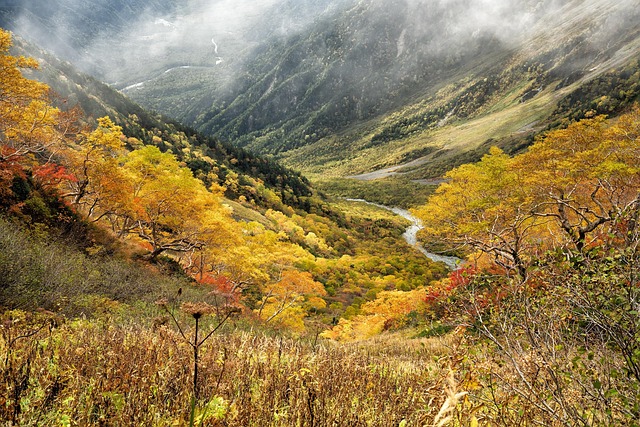Eco-Friendly Gardening: Creating Pollution-Free Zones in Your Habitat
In today’s fast-paced world, the desire for a flourishing garden and a healthier environment resonates deeply with so many of us. The concept of pollution-free zones is no longer a mere dream; it’s a achievable goal that can transform your home and our planet. As we look to nature for inspiration, thoughtful gardening practices can help us cultivate green spaces that not only grow beautiful plants but also contribute to a cleaner, healthier habitat.
The Importance of Eco-Friendly Gardening
Gardening is more than just a pastime; it’s a way to interact with the environment and give back to it. By adopting eco-friendly practices, you will create a sanctuary that promotes biodiversity and nurtures the delicate balance of our ecosystem. Each plant nurtured in your garden serves as a tiny ambassador for the larger fight against pollution. A lush garden can significantly improve air quality, reduce carbon footprints, and provide essential habitats for local wildlife.
Strategies for Creating Pollution-Free Zones
Creating a pollution-free zone starts with the plants you choose and the methods you employ. Here are some effective strategies:
- Native Plants: Incorporate native species into your garden design. These plants are adapted to your local climate, require less water, and are resistant to pests—all while providing essential resources for local wildlife.
- Organic Practices: Step away from synthetic fertilizers and pesticides. Opt for organic alternatives to nourish your plants. Techniques such as composting and natural pest control can help create a thriving, chemical-free space.
- Rain Gardens: Design rain gardens to capture runoff and filter pollutants naturally. These beautiful, functional spaces absorb excess water, reducing erosion while simultaneously enhancing the aesthetic of your yard.
- Mulching: Use organic mulch to conserve moisture and suppress weeds. This not only minimizes the need for chemical herbicides but also enriches your soil as it breaks down.
- Interplanting: Use companion planting to create a balanced ecosystem. Certain plants can deter pests or attract beneficial insects, reducing the need for chemical interventions.
Connecting with Nature
As you endeavor to create pollution-free zones, take a moment to appreciate the beauty of nature and the vital role we play in protecting it. Gardening isn’t just about growing; it’s about fostering connections—with the earth, with the flora and fauna that share our habitat, and with the community around us. Gardening with eco-consciousness allows us to cultivate not only plants but also a deeper understanding and appreciation for the natural world.
Becoming a Steward of the Environment
When you adopt eco-friendly gardening practices, you become an active participant in the movement toward a cleaner planet. Each seed you plant is a statement of your commitment to sustainability. By cultivating your garden into a pollution-free zone, you contribute to the restoration of ecosystems, enhance local biodiversity, and inspire others to join in the effort. Let your garden be a living testament to the power of green initiatives and a sanctuary for all living beings.
In the end, the shift toward eco-friendly gardening is not just a trendy choice; it’s a path to a healthier, more harmonious relationship with our environment. So dig in, plant those seeds of change, and watch as your garden becomes a thriving ecosystem that contributes to a cleaner, greener world.




